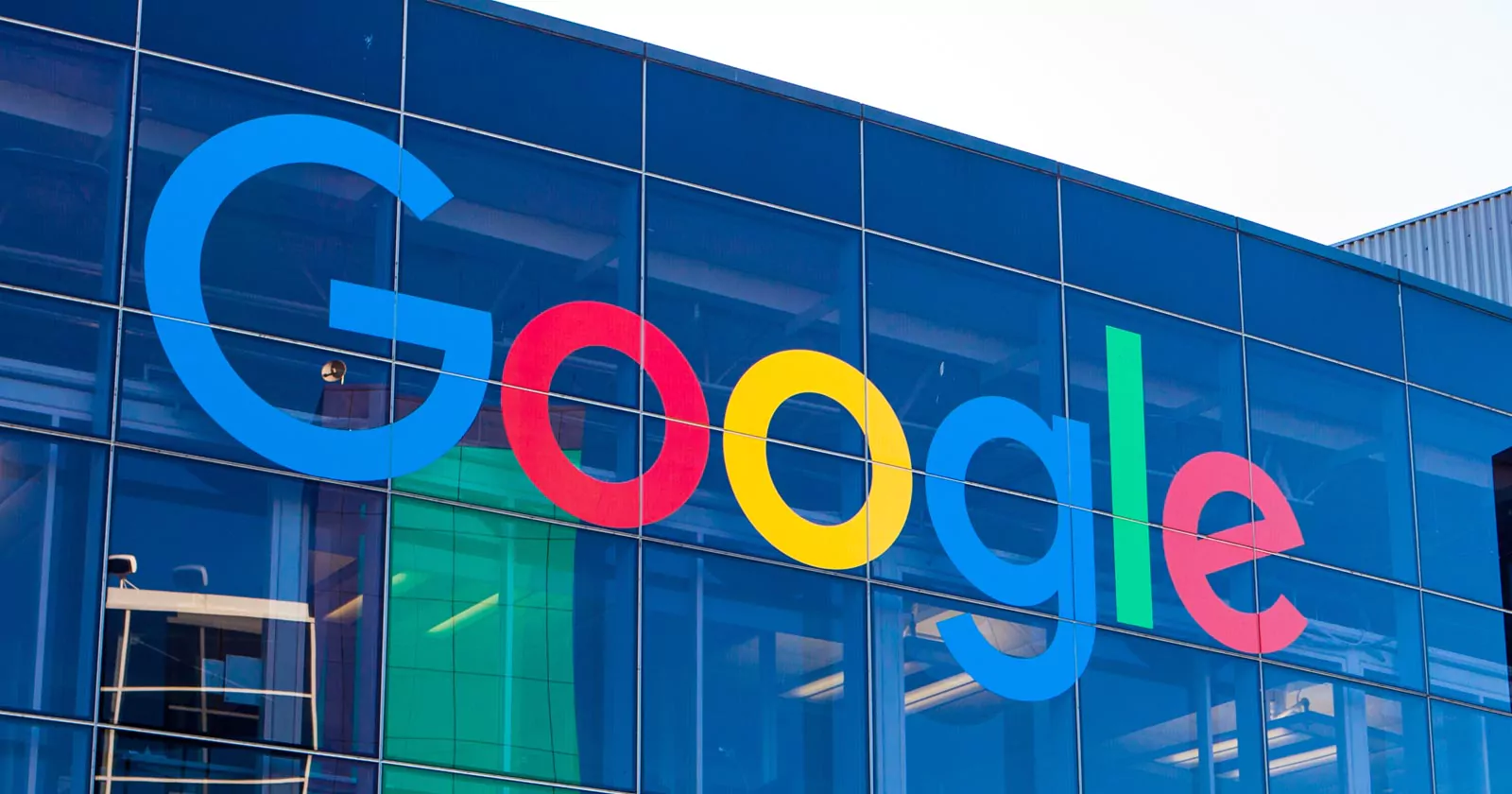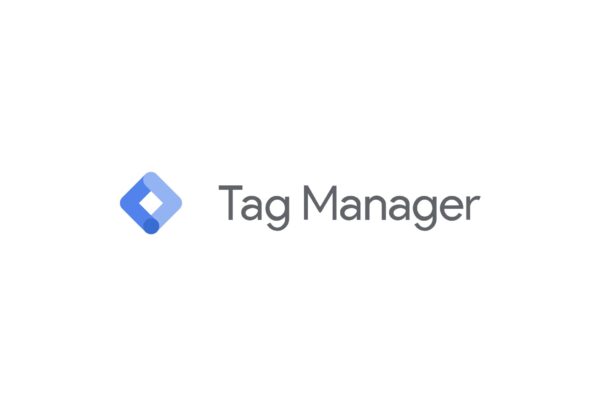
Google has updated its policies on site reputation abuse, doubling down on its commitment to curb practices that exploit the trustworthiness of well-established domains. This policy, first introduced earlier this year, aims to crack down on “parasite SEO” tactics, where third-party content is used to manipulate search rankings at the expense of a site’s credibility.
What Is Site Reputation Abuse?
At its core, site reputation abuse occurs when third-party content is published on a website with the intent to misuse the site’s ranking power in search results. This might involve unrelated or low-quality content hijacking the credibility of a trusted domain to gain visibility online.
Chris Nelson from Google’s Search Quality team explained:
“We’ve heard very clearly from users that site reputation abuse—commonly referred to as ‘parasite SEO’—leads to a bad search experience for people, and today’s policy update helps to crack down on this behavior.”
What’s Changing?
Google’s updated guidelines clarify that no amount of first-party involvement or oversight makes third-party abuse acceptable. Whether it’s white-label partnerships, licensing agreements, or partial ownership structures, any misuse of a site’s reputation for boosting unrelated content is a violation.
The new policy explicitly defines site reputation abuse as:
“The practice of publishing third-party pages on a site in an attempt to abuse search rankings by taking advantage of the host site’s ranking signals.”
Examples of Policy Violations
Here are some examples of what Google considers violations:
– Educational sites hosting unrelated payday loan reviews
– Medical websites publishing content about casinos
– Movie review platforms featuring content about social media services
– Sports sites publishing supplement reviews without editorial involvement
– News outlets sharing third-party coupon content without proper oversight
What’s Allowed?
Not all third-party content is deemed abusive. Google highlights several acceptable practices:
– Wire service or syndicated news content
– User-generated content on forums
– Editorial content with active involvement from the site’s team
– Disclosed advertorial content
– Standard advertising units and affiliate links
These examples demonstrate that transparency and proper oversight are key to staying compliant.
Enforcement and Industry Impact
Since enforcement began in May, the policy has had a significant impact, particularly in the news and publishing industry. Prominent organizations like CNN, USA Today, and the LA Times have faced manual penalties for hosting third-party promotional content such as coupons.
How Sites Can Recover
Websites hit with manual penalties are beginning to see paths to recovery. According to SEO expert Glenn Gabe:
– Removing offending content or applying “noindex” tags to problematic pages can prompt Google to lift penalties.
– Recovery, however, takes time as Google’s crawlers need to reprocess these changes.
Why This Matters
Google’s stricter policies reflect its ongoing commitment to providing users with high-quality, trustworthy search results. For website owners, the key takeaway is to maintain transparency and avoid hosting low-quality or unrelated third-party content. Doing so will not only safeguard your site’s reputation but also ensure a better experience for your audience.
If your site hosts third-party content, now is the time to review your policies and practices to stay on Google’s good side.
Quick update on "Site reputation abuse" manual actions. Some manual actions have already been lifted. Those sites handled their coupons subdomains or directories via noindexing (or nuking of content there).
And very interesting to see visibility surge back for some (as Google… pic.twitter.com/sVcNe3pcfb
— Glenn Gabe (@glenngabe) May 11, 2024




